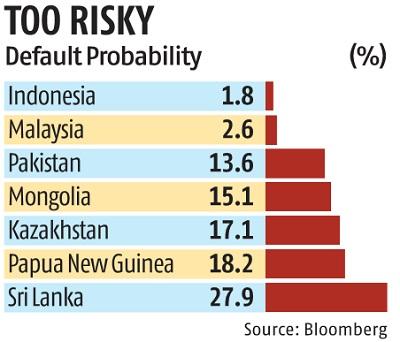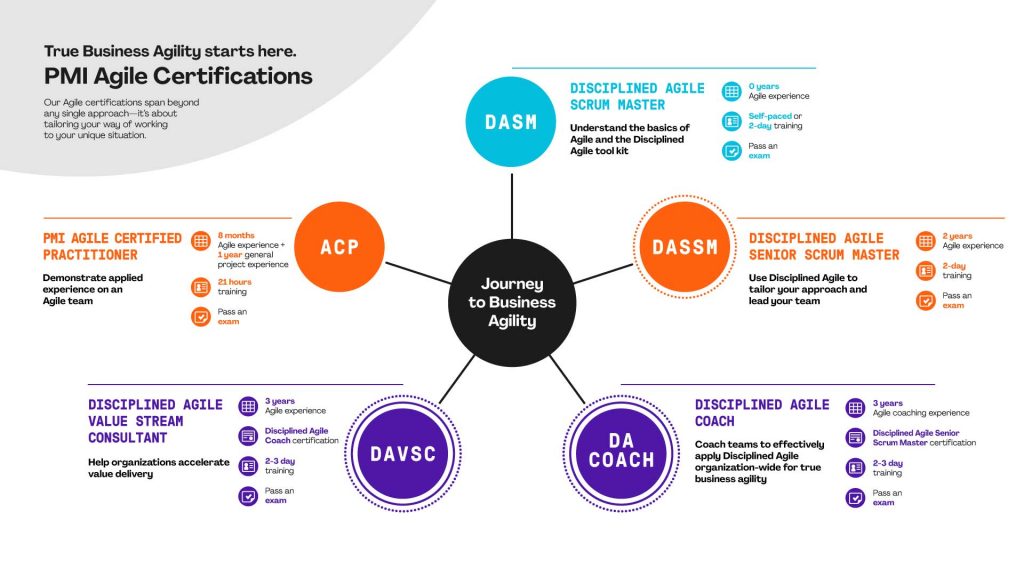
If you need to maintain a balance between work and your personal life, time management can be an essential skill. If you are a business owner, you may have to work extra hours on the launch of a new product, which may mean compromising your personal time. Learn how to manage your time so you can strike the right balance between work life and home.
Goal setting
Time management is one important aspect of goal setting. Time management is something you should practice to make your life easier. If you don’t manage your time well you will have difficulty achieving your goals. A day planner helps you organize your tasks, prioritize them, and keep your eye on the goals.
Self-discipline
Self-discipline will help you in all areas of your daily life, including time management. While it can seem intimidating at first, it can be achieved by setting small goals and gradually increasing the challenge. You can write down these goals so you can reference them later. Also, it can help to list the reasons you have set out to reach these goals to be more consistent.

Prioritization
Prioritization is an essential skill for time management, and the key to achieving long-term goals is to identify tasks that are relevant to your future outcomes. People spend the majority of their time doing low-priority tasks. Rather than focusing on busyness, successful people prioritize tasks that are most important to them today.
Scheduling
Scheduling can be a vital part of time management. However, it should not be reactive but proactive. Although scheduling can seem overwhelming or counterintuitive, it is an effective tool that will help keep you on track. It also lets you plan for unexpected delays and resource conflicts. Effective productivity techniques can be developed when scheduling is done right.
Tracking
Time-tracking software lets employees log the time they spend on projects or tasks. These software programs are used by employees across a range of industries, including professionals who bill for their time.
Keeping a schedule
A time management plan is vital for many reasons. This includes ensuring that work and family are in balance. This will help you stay on the right track in school or university. You can prioritize tasks and use timers or a calendar to help you manage your time better.

It is important to keep track of how much time was spent on each activity.
Time management is the process of planning and exercising conscious control over how much time you spend on specific activities. It is a valuable skill for maximizing productivity and effectiveness. It is a versatile skill that can be used for specific tasks and activities such as school, work, or personal commitments. This skill involves identifying and decreasing time-eaters. It can include tasks that take too much time or those that require concentration and focus.
FAQ
What are the four main functions of management?
Management is responsible for organizing, managing, directing and controlling people, resources, and other activities. It also includes developing policies and procedures and setting goals.
Management assists an organization in achieving its goals by providing direction, coordination and control, leadership, motivation, supervision and training, as well as evaluation.
The following are the four core functions of management
Planning - Planning is about determining what must be done.
Organizing is the act of deciding how things should go.
Directing - Directing is when you get people to do what you ask.
Controlling: Controlling refers to making sure that people do what they are supposed to.
What is TQM, exactly?
The industrial revolution led to the birth and growth of the quality movement. Manufacturing companies realized they couldn't compete solely on price. They needed to improve quality and efficiency if they were going to remain competitive.
To address this need for improvement management created Total Quality Management (TQM) which aimed to improve all aspects of an organization's performance. It involved continuous improvement, employee participation, and customer satisfaction.
How can a manager motivate employees?
Motivation refers to the desire or need to succeed.
Engaging in something fun can be a great way to get motivated.
You can also get motivated by seeing your contribution to the success or the improvement of the organization.
You might find it more rewarding to treat patients than to study medical books if you plan to become a doctor.
Another source of motivation is within.
Perhaps you have a strong sense to give back, for example.
Maybe you like working hard.
Ask yourself why you aren't feeling motivated.
Then, consider ways you could improve your motivation.
How does a manager learn to manage?
By practicing good management skills at all times.
Managers must continuously monitor the performance levels of their subordinates.
If you notice your subordinate isn't performing up to par, you must take action quickly.
You must be able to spot what is lacking and how you can improve it.
What are the five management processes?
Planning, execution, monitoring and review are the five stages of any business.
Setting goals for the future is part of planning. It includes defining what you want to achieve and how you plan to do it.
Execution is when you actually execute the plans. It is important to ensure that everyone follows the plans.
Monitoring is the act of monitoring your progress towards achieving your targets. This should involve regular reviews of performance against targets and budgets.
Every year, there are reviews. These reviews allow you to evaluate whether the year was successful. If not then, you can make changes to improve your performance next year.
After each year's review, evaluation occurs. It helps identify which aspects worked well and which didn't. It also provides feedback on how well people performed.
What are management concepts?
Management concepts are the fundamental principles and practices that managers use when managing people and their resources. They cover topics such as job descriptions and performance evaluations, human resource policies, training programs, employee motivation, compens systems, organizational structure, among others.
What do we mean when we say "project management"?
That is the management of all activities associated with a project.
Our services include the definition of the scope, identifying requirements, preparing a budget, organizing project teams, scheduling work, monitoring progress and evaluating the results before closing the project.
Statistics
- As of 2020, personal bankers or tellers make an average of $32,620 per year, according to the BLS. (wgu.edu)
- The average salary for financial advisors in 2021 is around $60,000 per year, with the top 10% of the profession making more than $111,000 per year. (wgu.edu)
- This field is expected to grow about 7% by 2028, a bit faster than the national average for job growth. (wgu.edu)
- Our program is 100% engineered for your success. (online.uc.edu)
- 100% of the courses are offered online, and no campus visits are required — a big time-saver for you. (online.uc.edu)
External Links
How To
How can you implement a Quality Management Plan?
The Quality Management Plan (QMP) was established in ISO 9001. It is a systematic way to improve processes, products and services. It helps to improve customer satisfaction and product/service quality by continuously measuring, analyzing, controlling and improving.
QMP is a standard way to improve business performance. QMP helps improve production, service delivery and customer relationships. QMPs must include all three elements - Products, Services, and Processes. If the QMP only covers one aspect, it's called a "Process QMP". QMPs that focus on a Product/Service are known as "Product" QMPs. QMP stands for Customer Relationships.
Scope is the most important element in implementing a QMP. Strategy is the second. They are defined as follows:
Scope is what the QMP covers and how long it will last. For example, if your organization wants to implement a QMP for six months, this scope will define the activities performed during the first six months.
Strategy: This is the description of the steps taken to achieve goals.
A typical QMP includes five phases: Design, Planning, Development and Implementation. The following describes each phase.
Planning: This stage identifies and prioritizes the QMP's objectives. To get to know the expectations and requirements, all stakeholders are consulted. After identifying the objectives, priorities, and stakeholder involvement, the next step is to develop the strategy for achieving these objectives.
Design: The design stage involves the development of vision, mission strategies, tactics, and strategies that will allow for successful implementation. These strategies are then put into practice by creating detailed plans.
Development: The development team is responsible for building the resources and capabilities necessary to implement the QMP effectively.
Implementation is the actual implementation of QMP according to the plans.
Maintenance: The maintenance of the QMP is an ongoing task.
Additionally, the QMP should include additional items:
Participation of Stakeholders: The QMP's success depends on the participation of stakeholders. They must be involved in all phases of the QMP's development, planning, execution, maintenance, and design.
Project Initiation: The initiation of any project requires a clear understanding of the problem statement and the solution. In other words, the initiator needs to know why they want to do something and what they expect from the outcome.
Time frame: It is crucial to know the time frame for the QMP. You can use a simplified version if you are only going to be using the QMP for short periods. You may need to upgrade if you plan on implementing the QMP for a long time.
Cost Estimation is another important aspect of the QMP. Without knowing how much you will spend, planning is impossible. Cost estimation is crucial before you begin the QMP.
QMPs should not be considered a static document. It is constantly changing as the company changes. It should be reviewed on a regular basis to ensure that it is still meeting the company's needs.